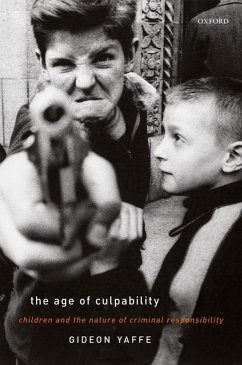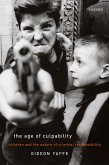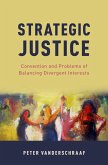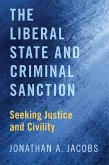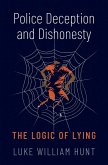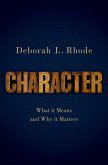Why be lenient towards children who commit crimes? Reflection on the grounds for such leniency is the entry point into the development, in this book, of a theory of the nature of criminal responsibility and desert of punishment for crime. Gideon Yaffe argues that child criminals are owed lesser punishments than adults thanks not to their psychological, behavioural, or neural immaturity but, instead, because they are denied the vote. This conclusion is reached through accounts of the nature of criminal culpability, desert for wrongdoing, strength of legal reasons, and what it is to have a say over the law. The centrepiece of this discussion is the theory of criminal culpability. To be criminally culpable is for one's criminal act to manifest a failure to grant sufficient weight to the legal reasons to refrain. The stronger the legal reasons, then, the greater the criminal culpability. Those who lack a say over the law, it is argued, have weaker legal reasons to refrain from crime than those who have a say. They are therefore reduced in criminal culpability and deserve lesser punishment for their crimes. Children are owed leniency, then, because of the political meaning of age rather than because of its psychological meaning. This position has implications for criminal justice policy, with respect to, among other things, the interrogation of children suspected of crimes and the enfranchisement of adult felons.
Dieser Download kann aus rechtlichen Gründen nur mit Rechnungsadresse in A, B, BG, CY, CZ, D, DK, EW, E, FIN, F, GR, HR, H, IRL, I, LT, L, LR, M, NL, PL, P, R, S, SLO, SK ausgeliefert werden.

